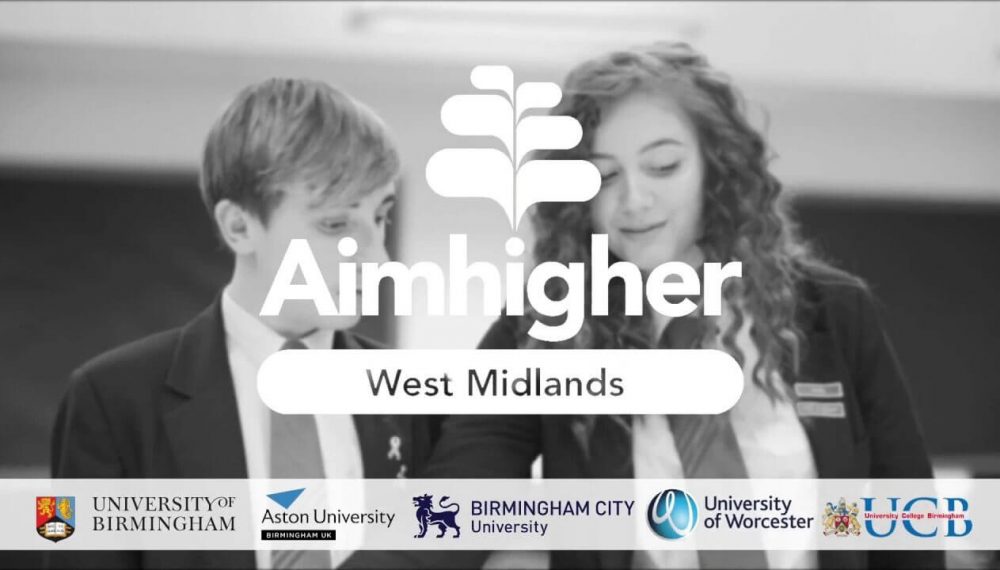Aimhigher are here to provide you with information about higher education to help support your child’s future choices.
Aimhigher Parent and Carer GuideHigher Education explained
Higher Education is the next step in education after students have completed their BTEC, A-levels or equivalent qualification at College or Sixth Form. You can study a Higher Education course at a university, a college or as part of a higher or degree level apprenticeship.
Take a look at our Jargon Buster for a breakdown of some of the key terms and phrases you might hear when people talk about higher education. We’ve also compiled some of the most common higher education myths and misconceptions.
Jargon Buster Myth Buster





